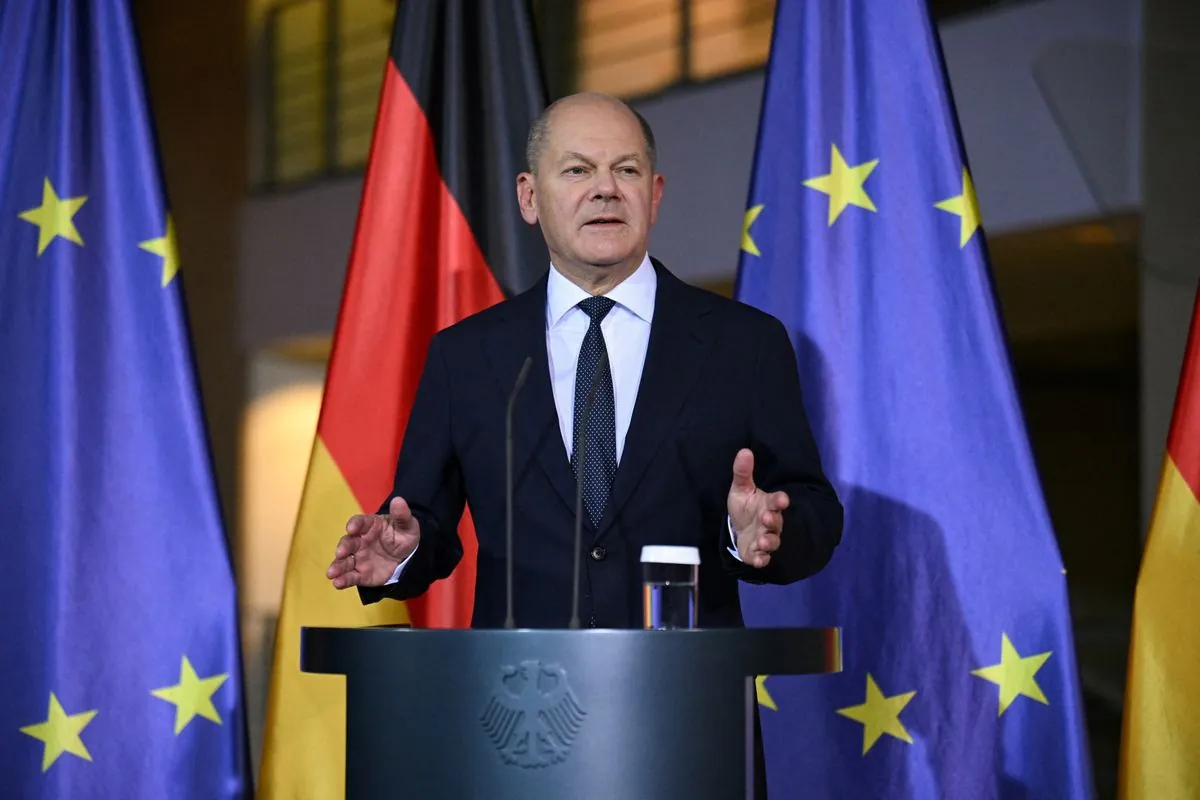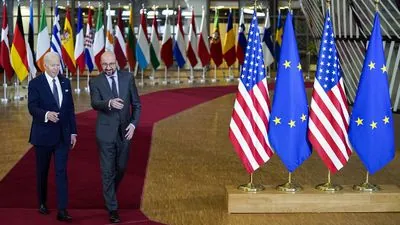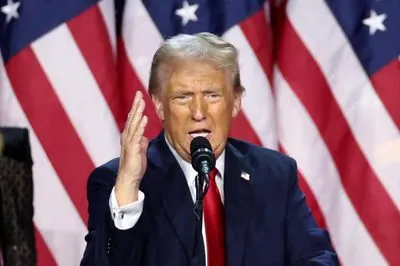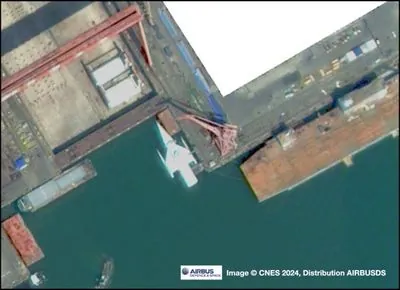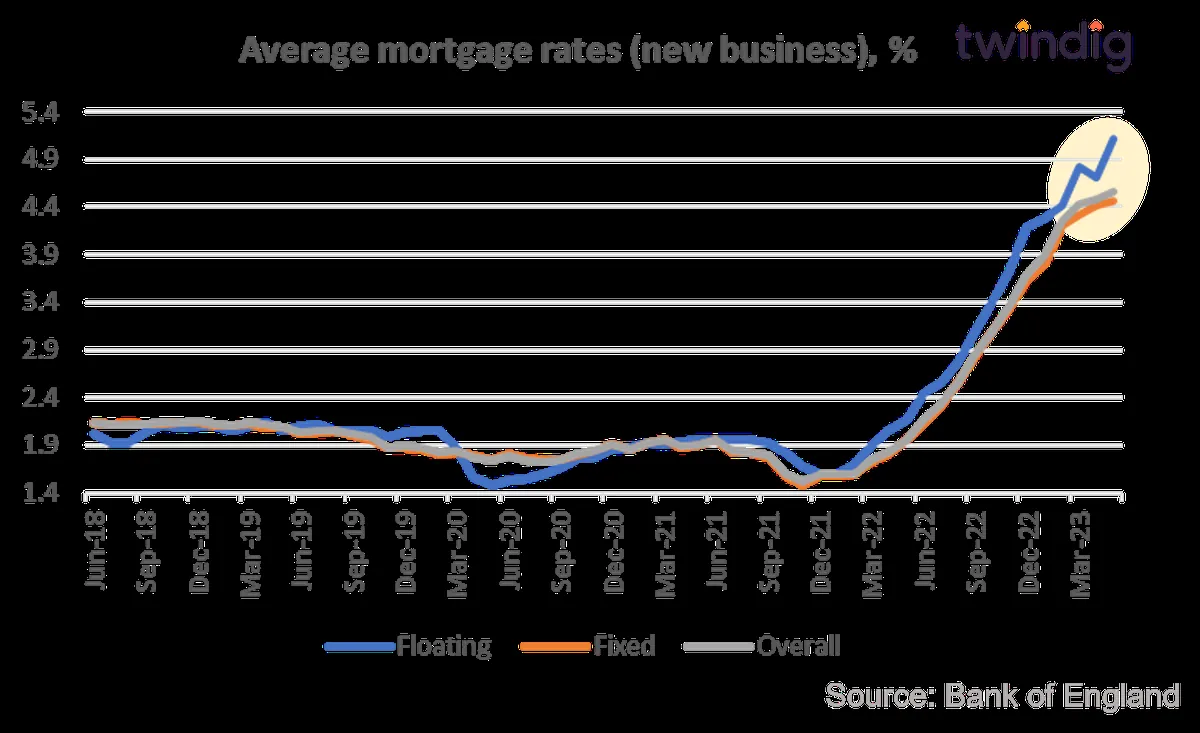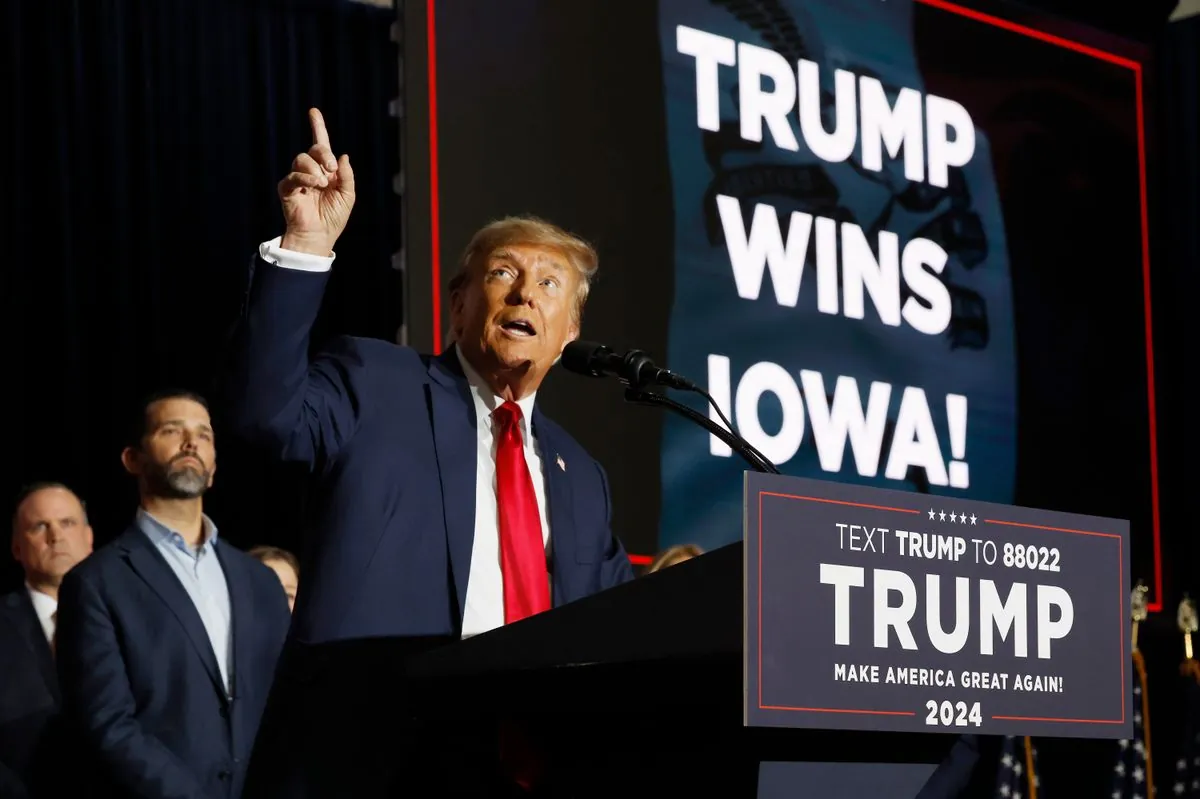French financial troubles put Euro stability to an unexpected test
Frances bond-market position weakens as government faces budget crisis and political deadlock. Markets signal growing doubt about the countrys status as a core EU economy member

Frances long-standing sweet-spot in EU financial markets seems to be fading away. The country (which used to get German-level borrowing rates) now faces a tough reality-check as its bond spreads hit an all-time high since 12 years ago
The markets sent a clear warning signal when French-German bond spread jumped to 83 points this tuesday. Moritz Kraemer‚ former S&P sovereign ratings head points out: “The governability of France is being called into question more than I have ever seen in my lifetime“
The French are playing with fire; Nobody in the markets still thinks that France is still part of the eurozone core
The current situation shows deep-rooted issues: budget deficit sits at 6.1% GDP and might grow even higher. Michel Barnierʼs government wants to cut spending by 60bn euros (which experts say is more like 45bn) but faces strong push-back. The political scene looks messy – his own coalition doesnt support him‚ and both left-wing Popular Front and Marine Le Penʼs National Rally hold power balance
- Budget minister warns about 7% deficit risk by next year
- S&P might lower Frances rating this friday
- ECB may need to step in with market interventions
- Current debt stands at 3.3 trillion euros
Thomas Mayer‚ Deutsche Banks ex-chief economist suggests broader problems: “The eurozone core is melting down; Markets can see that public finances are out of control“. German views split between keeping strict rules or giving up on financial discipline
The Mercosur trade deal adds extra pressure to already tense French-EU relations. Emmanuel Macronʼs old promise of fixing Frances finances to get German support for deeper EU integration now looks far from reality


